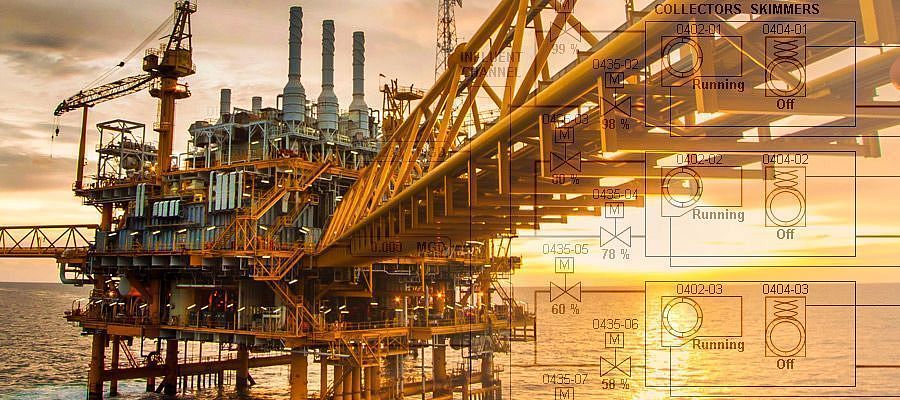IEA, created in the aftermath of the Arab oil embargo in the early 1970s, issued a report last year, suggesting that the world would not need more investments in any new oil & gas projects if it is to reach net-zero emissions by 2050
Davos, May 24 - Neftegaz.RU. The current energy crisis and record fuel prices should not be an excuse for the world to increase further its dependence on fossil fuels, the Executive Director of the International Energy Agency (IEA),
Fatih Birol said, Olprice has reported.
He said at the annual meeting of the World Economic Forum in Switzerland, as carried by Reuters:
- We need fossil fuels in the short term, but let's not lock in our future by using the current situation as an excuse to justify some of the investments being done Time-wise, it doesn't work, and morally in my view, it doesn't work as well
Following the spike in energy prices and huge uncertainty on the global oil market after the Russian invasion of
Ukraine, the IEA and its member countries - including the United States - have announced twice releases from strategic petroleum reserves to try to tame soaring oil and
gasoline prices and offset the gap that unwanted Russian oil due to sanctions of self-sanctioning would leave.
Despite the
IEA's acknowledgment of the need for more
fossil fuels in the short term, the agency continues to advocate for an accelerated
energy transition.
This weekend, the IEA's Birol shared a new analysis from the agency, which found that the income of the global oil and gas sector will jump to $4 trillion in 2022, more than twice its 5-year average.
The IEA's executive director said:
- The best way to protect people from future price shocks is to invest as much as possible of this in an accelerated & secure clean energy transition
Yet, the current energy shock is not only the result of the Russian invasion in Ukraine - it is also the result of years of persistently low investment in conventional energy sources, the energy ministers of 2 of
OPEC's top producers, Saudi Arabia and the UAE, said earlier this month.
Author:
Tsvetana Paraskova







